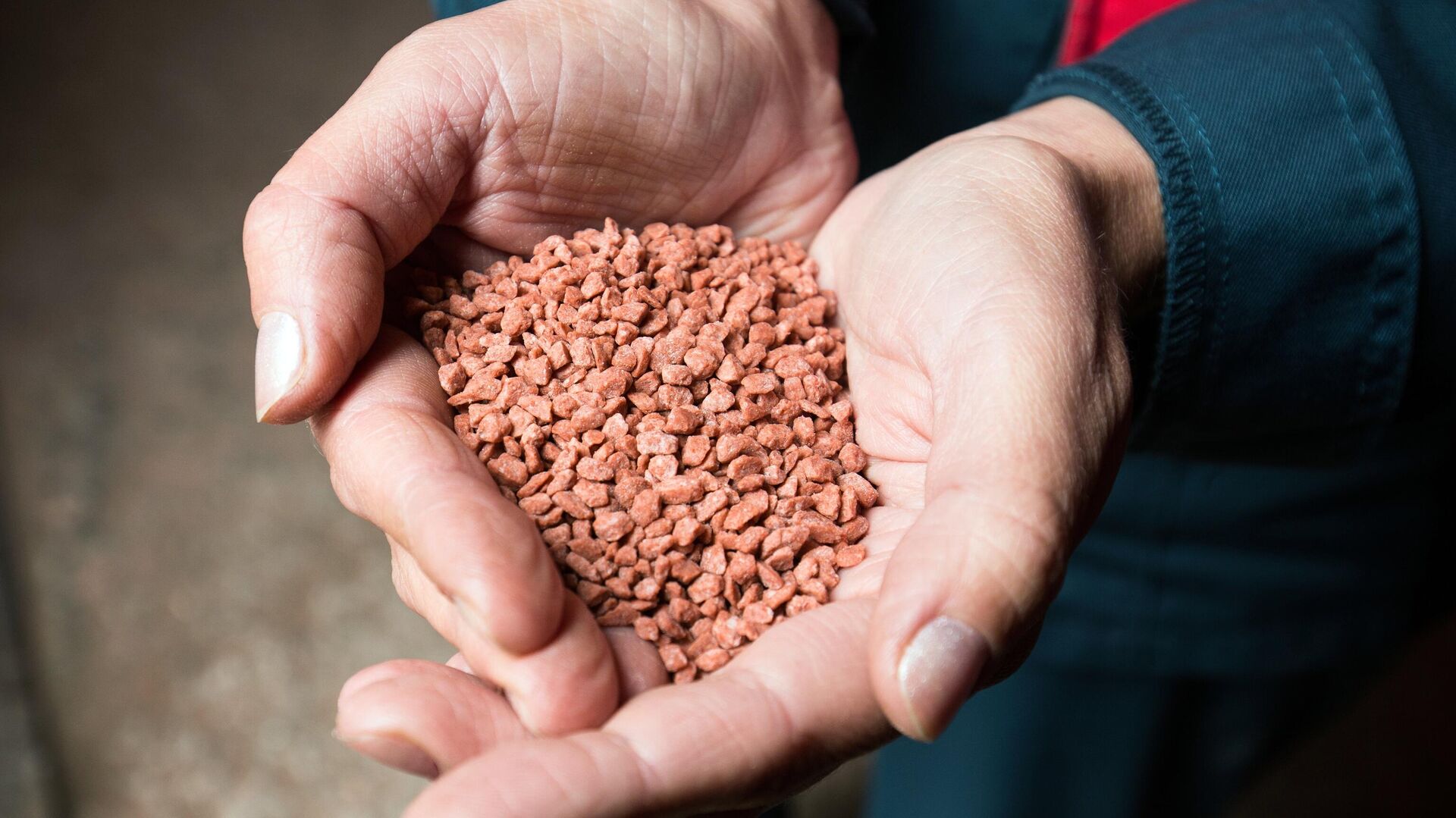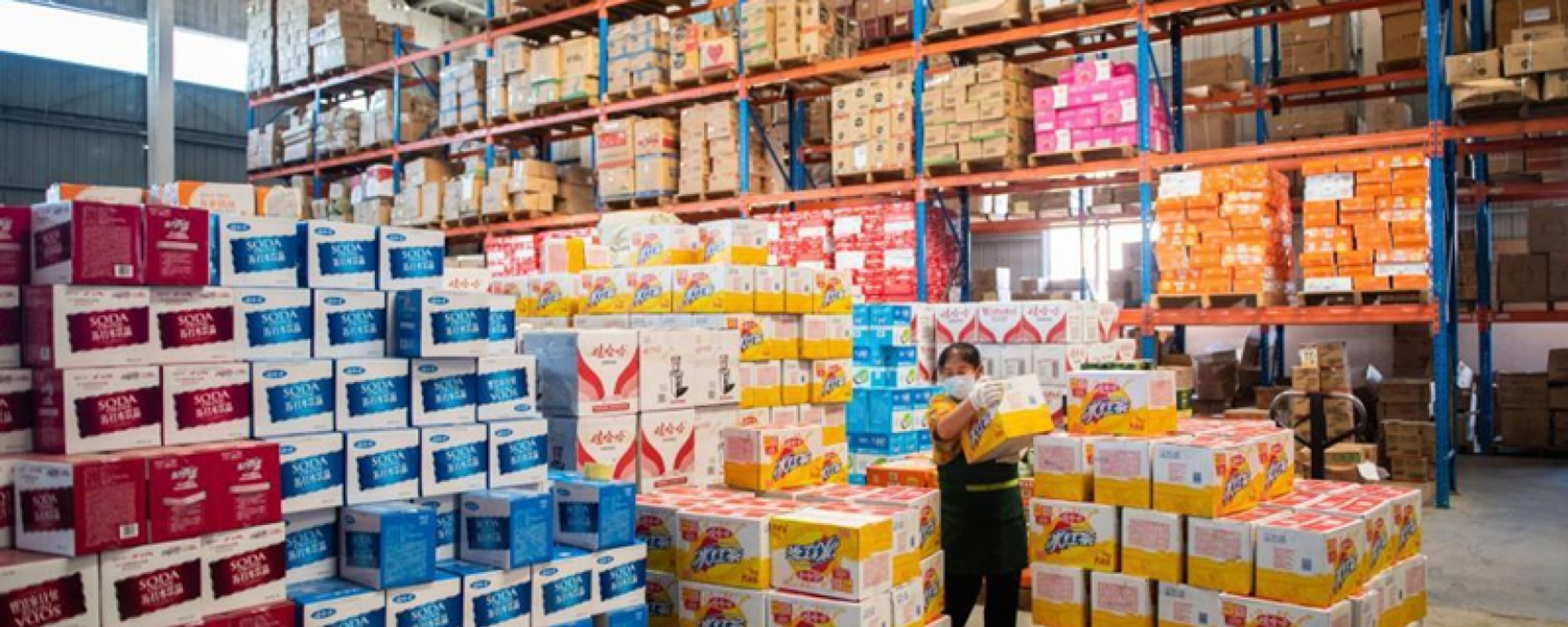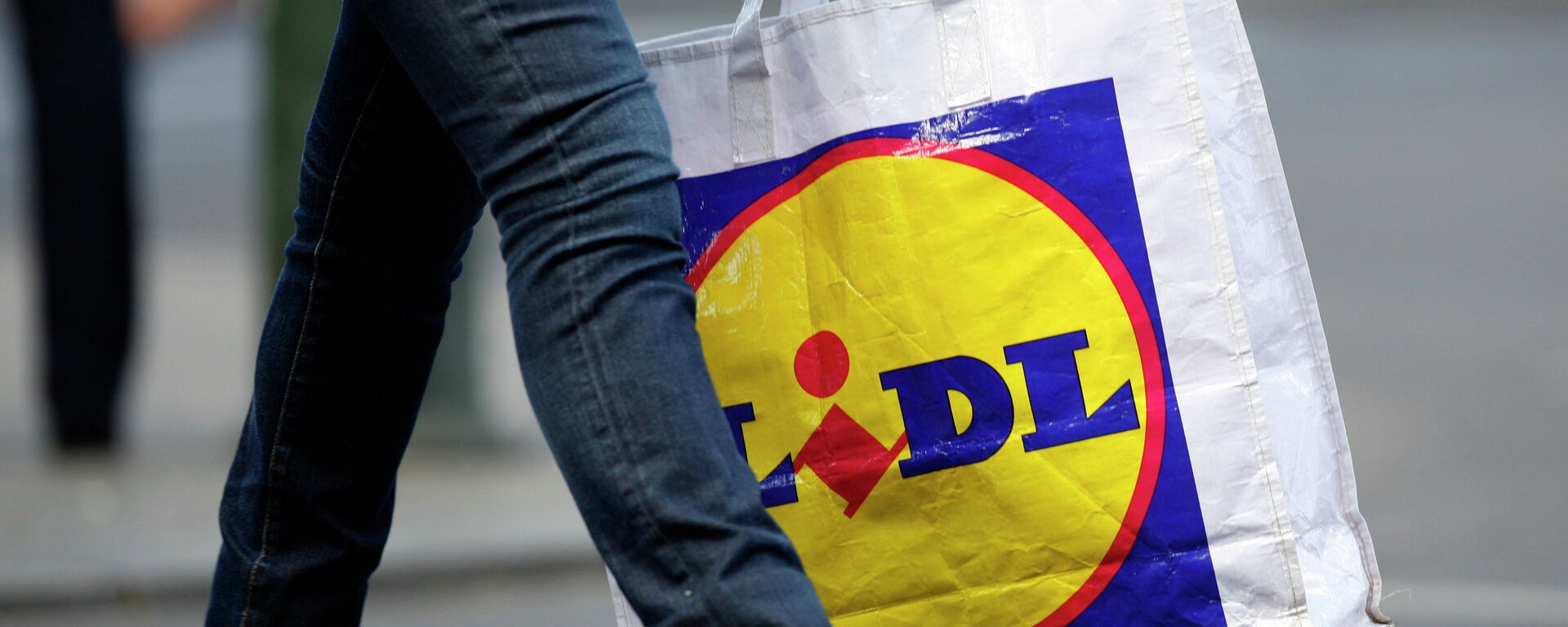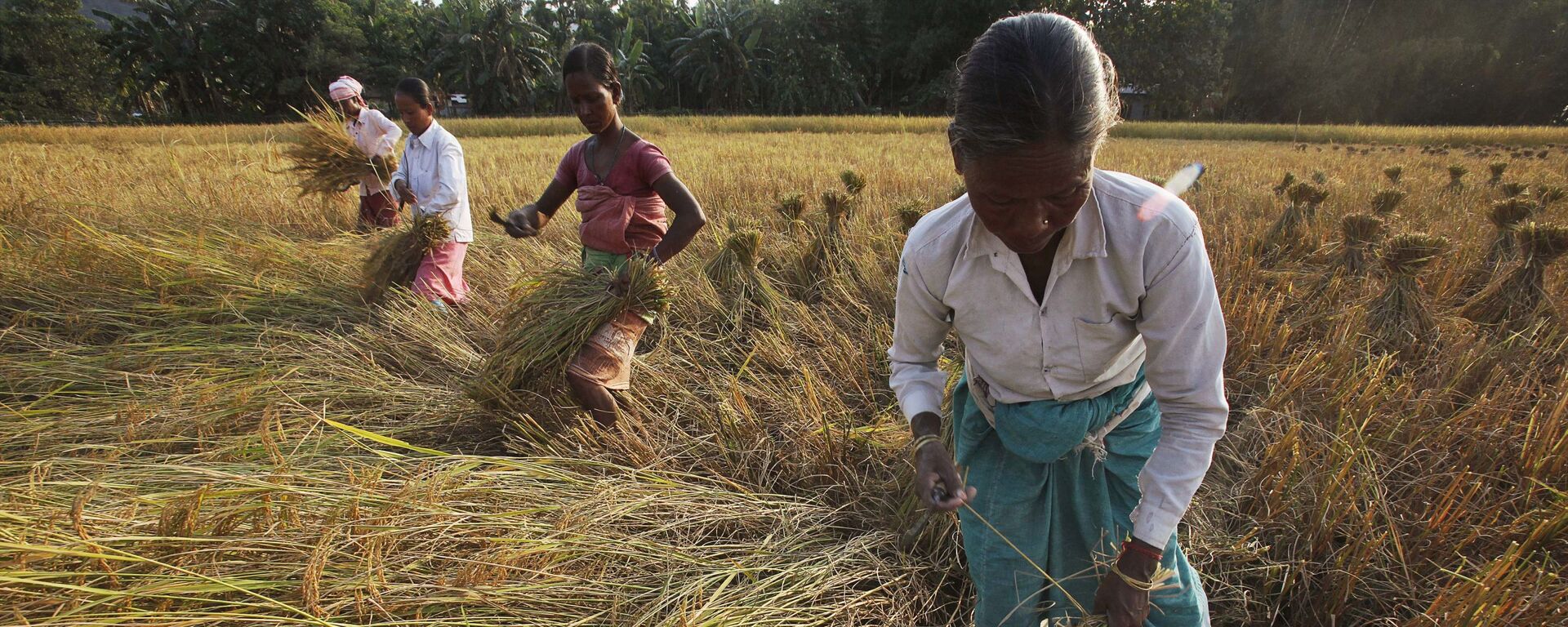https://sputnikglobe.com/20220504/eu-reportedly-mulls-sanctions-against-belarusian-potash-giant-despite-fears-of-global-food-1095268088.html
EU Reportedly Mulls Sanctions Against Belarusian Potash Giant Despite Fears of Global Food Shortages
EU Reportedly Mulls Sanctions Against Belarusian Potash Giant Despite Fears of Global Food Shortages
Sputnik International
Belarus is the third-largest producer of potash in the world after Canada and Russia, producing about 10 million tonnes of the mineral –crucial for fertilizer... 04.05.2022, Sputnik International
2022-05-04T17:03+0000
2022-05-04T17:03+0000
2023-02-09T11:44+0000
belarus
belarus potash company
sanctions
european union (eu)
https://cdn1.img.sputnikglobe.com/img/07e6/05/04/1095268060_0:161:3071:1888_1920x0_80_0_0_c263254f39a1414ffa9b75529460d946.jpg
The European Union has proposed sanctioning Belarusian potash giant Belaruskali and its export-oriented subsidiary Belarusian Potash Co, Bloomberg reports, citing an individual said to be familiar with the deliberations.Bloc officials have also proposed new restrictions against the country’s Naftan oil refinery, the person said.Belaruskali is a mammoth of a company, independently accounting for about 20 percent of global potash production in 2021, and shipping the soil nutrient mostly to markets in Brazil, China and India.The US slapped sanctions on the company in late 2021, threatening exports and sending global fertilizer prices soaring. Prices jumped further after Washington proposed sanctioning potash produced by Russia, the world’s second largest producer after Canada, before carving out a special mechanism to insulate Russian fertilizers from restrictions amid fears by US farmers that skyrocketing fertilizer prices could drive them out of business.Exports to the European Union accounted for about 8 percent of Belarus’s potash sale abroad in 2020, bringing Minsk the equivalent of about $192 million in revenues. Lithuania blocked off the transit of Belarusian potash in January, prompting Minsk to scrap a contract with Lithuanian Railways and depriving the Baltic country of millions in income.The threat of new restrictions on Belarusian potash by the EU comes amid fears that the Ukrainian security crisis may spill out into global food shortages – with Ukraine, Belarus and Russia together accounting for vast percentages of potash and fertilizer output, as well as foods including wheat, other grains, and sunflower oil.Last week, German media warned that the disruption of global supply chain links aggravated by the crisis in Ukraine threatens to spark fertilizer shortages, problems with crop production and, ultimately, widespread global hunger or even famine in 2023.Russian officials and agroindustry businesses have promised to continue honouring existing fertilizer and agricultural commodity contracts with their major partners from the developing world, notwithstanding Western sanctions pressure. Belarus has similarly sought ways to bypass US and Lithuanian restrictions. In February, Belarus began shipping potash through Russian and Ukrainian ports.
https://sputnikglobe.com/20220504/uk-minister-tells-shoppers-to-beat-sanctions-linked-inflation-by-buying-value-brands-1095261412.html
https://sputnikglobe.com/20220501/germans-suffer-inflationary-shock-as-prices-for-some-foods-surge-by-double-digits-report-1095182291.html
https://sputnikglobe.com/20220426/earth-threatened-with-one-of-the-greatest-famines-in-history-amid-supply-chain-disruptions-report-1095081676.html
belarus
Sputnik International
feedback@sputniknews.com
+74956456601
MIA „Rosiya Segodnya“
2022
News
en_EN
Sputnik International
feedback@sputniknews.com
+74956456601
MIA „Rosiya Segodnya“
Sputnik International
feedback@sputniknews.com
+74956456601
MIA „Rosiya Segodnya“
belarus, belarus potash company, sanctions, european union (eu)
belarus, belarus potash company, sanctions, european union (eu)
EU Reportedly Mulls Sanctions Against Belarusian Potash Giant Despite Fears of Global Food Shortages
17:03 GMT 04.05.2022 (Updated: 11:44 GMT 09.02.2023) Belarus is the third-largest producer of potash in the world after Canada and Russia, producing about 10 million tonnes of the mineral –crucial for fertilizer production, in 2021. The United States slapped sanctions on Belarus’s potash sector in December, and Lithuania cut off a major export route in January.
The European Union has proposed sanctioning Belarusian potash giant Belaruskali and its export-oriented subsidiary Belarusian Potash Co, Bloomberg
reports, citing an individual said to be familiar with the deliberations.
Bloc officials have also proposed new restrictions against the country’s Naftan oil refinery, the person said.
If approved, the new sanctions package could be adopted as soon as later this week.
Belaruskali is a mammoth of a company, independently accounting for about 20 percent of global potash production in 2021, and shipping the soil nutrient mostly to markets in Brazil, China and India.
The US
slapped sanctions on the company in late 2021, threatening exports and sending global fertilizer prices soaring. Prices jumped further after Washington proposed sanctioning potash produced by Russia, the world’s second largest producer after Canada, before
carving out a special mechanism to insulate Russian fertilizers from restrictions amid fears by
US farmers that skyrocketing fertilizer prices could drive them out of business.
Exports to the European Union accounted for about 8 percent of Belarus’s potash sale abroad in 2020, bringing Minsk the equivalent of about $192 million in revenues. Lithuania
blocked off the transit of Belarusian potash in January, prompting Minsk to scrap a contract with Lithuanian Railways and depriving the Baltic country of millions in income.
The threat of new restrictions on Belarusian potash by the EU comes amid fears that the Ukrainian security crisis may spill out into global food shortages – with Ukraine, Belarus and Russia together accounting for vast percentages of potash and fertilizer output, as well as foods including wheat, other grains, and sunflower oil.
Last week, German media warned that the disruption of global supply chain links aggravated by the crisis in Ukraine threatens to spark fertilizer shortages, problems with crop production and, ultimately, widespread global hunger or even famine in 2023.
Russian officials and agroindustry businesses have
promised to continue honouring existing fertilizer and agricultural commodity contracts with their major partners from the developing world, notwithstanding Western sanctions pressure. Belarus has similarly
sought ways to bypass US and Lithuanian restrictions. In February, Belarus
began shipping potash through Russian and Ukrainian ports.






